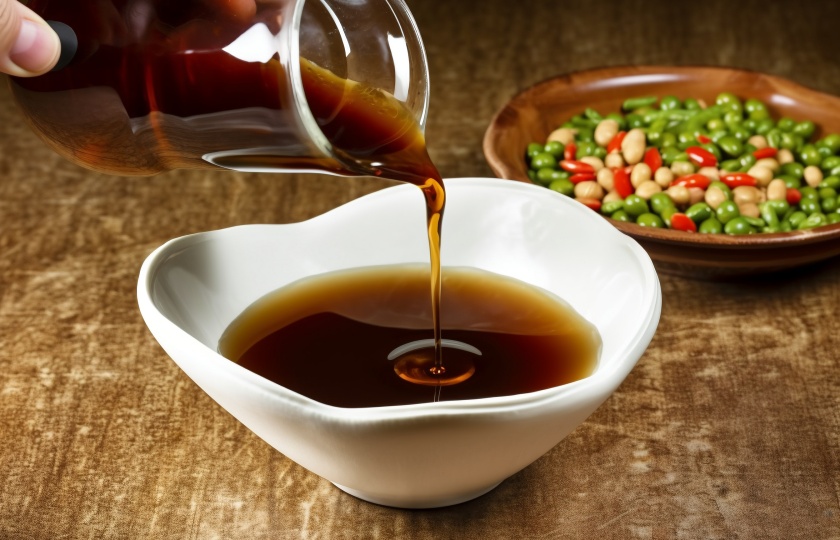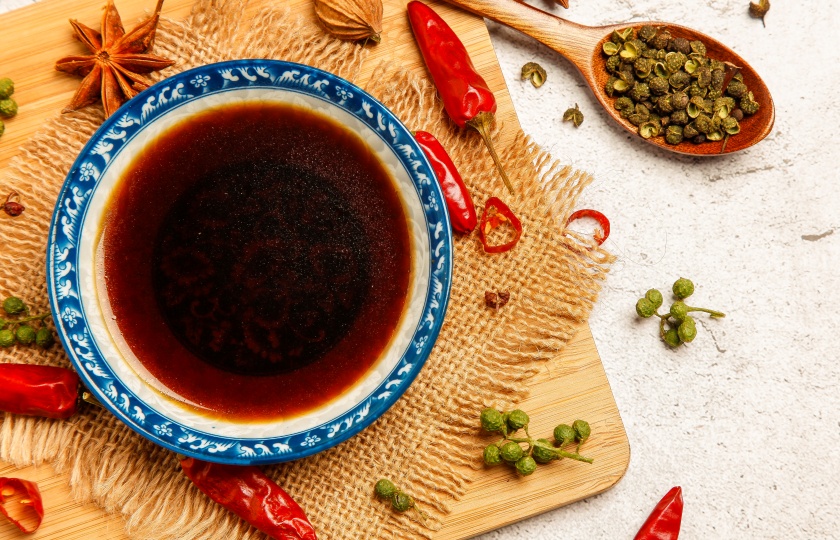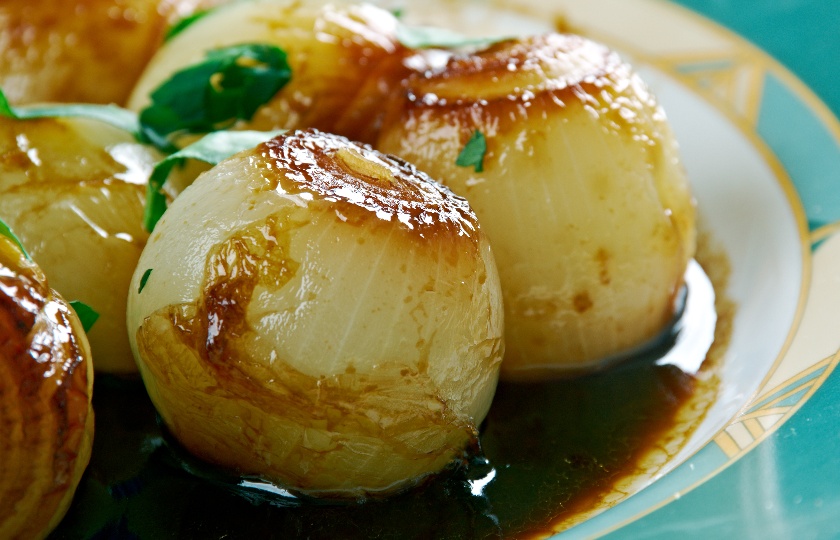Discover the Answer: Does Rice Vinegar Expire

The unique flavor of rice vinegar plays an important role in cooking. But will it expire and lose its efficacy over time? This doubt often lingers in the minds of many users, which is worthy of our careful exploration.
Does rice vinegar go out of date?
Rice vinegar generally won't go bad, but long-term storage may affect the taste and quality. Rice vinegar stored correctly can be kept for a long time, and it can be eaten safely even after exceeding the expiration date marked on the package.
When storing, it is best to choose a glass or ceramic container and place it in a cool and dry place to avoid direct sunlight. After opening, the lid should be screwed on in time, and the clean utensils should be used for taking, which can prolong the storage time.
It is recommended to buy rice vinegar with appropriate packaging. After opening, it should be used up as much as possible within half a year. Although rice vinegar is not easy to spoil, it may affect the flavor and cooking effect if it is left for too long.
How to tell if rice vinegar has gone bad?
It can be determined whether the rice vinegar has gone bad from three aspects of appearance, smell and taste. Normal rice vinegar should be clear and transparent. If it is found that the liquid is turbid, there are precipitates or mildew spots appear at the bottle mouth, it should not be used any more.
Fresh rice vinegar has a unique sour and fragrant taste. After going bad, it will produce a musty smell or other abnormal smells. You can smell the smell first. If it doesn't feel right, don't try to taste it. When you are really not sure, you can pour out a small spoonful to try the taste.
The color of rice vinegar will be different according to the brand and process. But if the color becomes obviously darker or yellow during the storage process, it indicates that the storage environment is improper. It is best to replace it with a new one.
The deteriorated rice vinegar may cause physical discomfort. If any abnormality is found, it should be dealt with in time. For the sake of safety, it is best to use up the opened rice vinegar within half a year after opening, and it should be stored in a cool and dry place.

What dishes is rice vinegar suitable for cooking?
Cold Dishes
Cold dishes like cold cucumber and cold agaric are quite suitable for using rice vinegar. Its taste is mild and the acidity is just right. Adding it can make the dishes more refreshing and appetizing, without taking away the original freshness of the ingredients.
Sugar and Vinegar Dishes
When making sweet and sour spareribs and sweet and sour fish, rice vinegar can be used. When matched with sugar in terms of acidity, the sweet and sour taste it makes is quite delicious, giving the dish a unique flavor and making it more appetizing to eat.
Dipping Sauce
When making dipping sauce for dumplings and steamed buns, adding a little rice vinegar is quite good. It can neutralize the greasiness of the filling, making the dipping sauce have a fresh sour taste and making the taste more rich when eating.
Braised Dishes
When braising braised pork and pig's trotters, adding an appropriate amount of rice vinegar can remove the fishy smell and greasy taste, and also soften the meat quality, making the meat more soft and tasty when eaten, and the taste will be improved.
What is floating in my rice vinegar?
Most of the floating things in the rice vinegar are vinegar mother. They look like white or light yellow filamentous substances, which is a normal phenomenon. The vinegar mother is actually a beneficial bacterial group produced during the fermentation process. It is not only harmless, but also can make the taste of the vinegar more mellow.
However, if the floating thing is black or dark brown, especially accompanied by abnormal smell, you should be careful. In this case, it is very likely that the vinegar has gone bad. It is recommended to pour it out directly and buy a new one to avoid affecting your health.

Can rice vinegar be used to pickle food?
Rice vinegar can be used for pickling food.
It has moderate acidity. It can not only make the ingredients absorb the taste well but also not be too sour. It is quite suitable for pickling vegetables and meat.
When pickling, different proportions should be selected according to the ingredients. For vegetables, 30% of rice vinegar is enough. For meat, 50% can be used. The rest is adjusted with salt and other seasonings. Vegetables can absorb the taste in half an hour, and it is appropriate to marinate meat for 2 to 3 hours.
The food pickled with rice vinegar has a refreshing taste. It is not as irritating as white vinegar. It contains amino acids, which can enhance the freshness and soften the meat quality, making the food more delicious.
How to store rice vinegar?
Rice vinegar had better be stored in a cool and dark place. The room temperature of 15-25 degrees Celsius is the most appropriate. It should not be placed in a place directly exposed to the sun or near the stove.
After opening, the bottle cap must be screwed tightly to prevent the vinegar from volatilizing and spoiling. If it is bulk rice vinegar, it is best to pour it into a clean glass bottle for storage. Plastic bottles are likely to affect the taste of the vinegar.
In terms of storage time, unopened rice vinegar can be stored for about 2 years. After opening, it is recommended to use it up within half a year. If it is found that the color of the vinegar has become deeper, there is an abnormal smell or black floating substances, it means that it has gone bad. It should be replaced in time.























